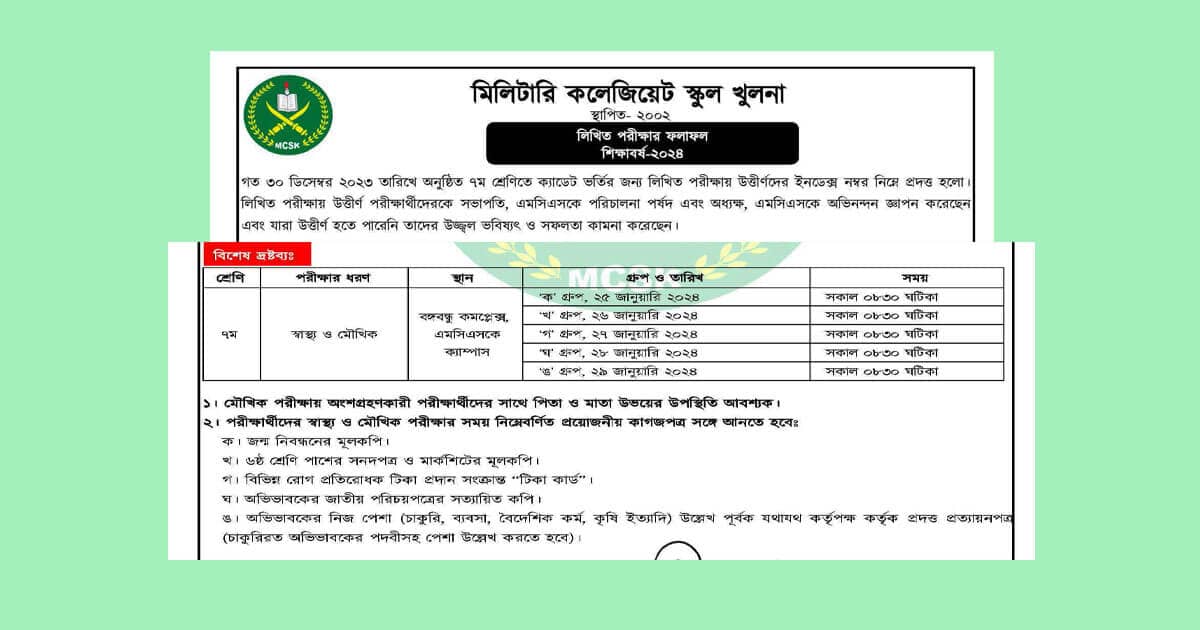
Southeast Asian nation Malaysia is now in nationwide state of emergency as the King Al-Sultan Abdullah Ri’ayatuddin Al-Mustafa Billah Shah declared it January 12 morning to curb the spread of Covid-19 .
Such measure under the Federal Constitution has not been used in the country for several decades. But in order to contain the virus, the government was quite forced to have imposed the emergency as the country registered record 3,309 new cases over the past 24 hours as of January 12.
Notably, at least four ministers in the government including Home Minister Datuk Seri Hamzah Zainudin have got infected by the novel coronavirus with the latest being Deputy Communications and Multimedia Minister Datuk Zahidi Zainul Abidin.
Here is everything regarding pros and cons of the emergency individuals needs to know :
1. When Announced : The King Al-Sultan Abdullah Al-Mustafa Billah Shah declared a state of Emergency January 12 morning. This came a day after Prime Minister Tan Sri Muhyiddin Yassin announced that the movement control order (MCO) will be reintroduced in six states while six more will remain under the conditional movement control order (CMCO) and two under the recovery movement control order (RMCO) for two weeks beginning January 13.
Under the MCO, only essential economic activities will be allowed to operate physically, while those not deemed essential will have to work from home.
To be precise, on January 11 at Istana Negara in Kuala Lumpur the Yang di-Pertuan Agong — as the country’s monarch — issued a proclamation of Emergency throughout Malaysia that takes effect from January 11 to August 1. The publication of this Emergency proclamation on the Federal Government Gazette website is listed as January 12 and the document itself carries the January 12 date.
In other words, the Emergency was already effective from January 11 but was only publicly announced on following day.
2. How Long This Will Last : The Emergency Proclamation was made under Article 150(1) of the Federal Constitution and will last until August 1, but can end earlier or later depending on when the number of active Covid-19 cases can be brought under control again.
This will be decided by an independent task force consisting of both government and Opposition MPs, as well as health experts who will advise the King.

3. Why Malaysia Needs a Nationwide Emergency : The answer given is simple : Covid-19. But the full reason given by the prime minister was the threat to Malaysia’s economy due to the Covid-19 pandemic. The PM said the government required “certain powers” to bring the situation under control more effectively so as not to paralyze health services.
The additional threat to security and economic life in Malaysia is also due to the current disastrous floods in Johor, Pahang and Kelantan.
That is why Emergency was invoked under Article 150(1), which authorises the King to issue a proclamation of Emergency if he is satisfied that a “grave emergency exists” where the security, economic life, or public order in Malaysia or any part of the country is threatened.
4. One Should Not Panic : Prime Minister Muhyiddin gave his word that a civilian government is in operation, not a military one. He said there has been no coup, and that there is no need for curfew.
5. Economy & Courts To Go On As Usual : The prime minister said Malaysia remains open for business and that economic activity will continue to ensure businesses can sustain and the people can still obtain income for the next eight months to come. He also promised that he will not abuse Emergency powers to interfere with the judiciary, which is to function as usual.
6. Parliament, State Assemblies Can’t Debate Or Pass Laws : Under the Emergency declaration, Parliament and state legislative assemblies will not be meeting, until such a time as decided by the King.
This means that lawmakers, both at the state and federal levels, will not be able to make new laws or change any existing laws. To note, the Dewan Rakyat (Parliament) was scheduled to meet in March this year.
7. King Can Make Laws : With Parliament suspended during the Emergency, the authority to make new laws called ordinances in this case, rests with the King if he is satisfied that there are certain circumstances which make it necessary for him to take “immediate action”. This would be in line with Article 150(2B) of the Federal Constitution.
8. No GE15 Until It Is Safe : During the emergency, there will be no general election, state elections and by-elections (which are usually required under the law within 60 days once the legislative body is dissolved or once there is a vacancy), which the prime minister said is in line with the public’s wishes to not hold elections to prevent the spread of Covid-19.
9. Stern Action For Disrupting Covid-19 Fight : The PM warned of stern action should anyone attempt to disrupt the government’s Covid-19 fight and economy. ‘I hereby issue a strong warning to anyone who tries to disrupt the government’s efforts to manage the Covid-19 pandemic and the country’s economy. Stern action will be taken in the interest of the rakyat’s welfare and national security’, states the PM.
10. One’s Life Will Change Post-Emergency : Life should continue on as usual (but under the new normal and under MCO/ CMCO/ RMCO SOPs depending on where you are located in Malaysia), but just remain alert to any upcoming new laws through Emergency ordinances that can affect your life.
Notably, only up to 30 worshippers are allowed to perform the Friday prayers at all mosques and Friday suraus in the Federal Territories during the implementation of the movement control order (MCO), said Federal Territories Islamic Religious Department (JAWI) director Mohd Ajib Ismail.
To sum up, with 3,309 fresh cases recorded in a day as of January 12, highest daily infections so far, Malaysia’s active cases now has risen to 30,390 from a cumulative total of 141,533 till the date.
The previous record for new daily cases was 3,027 reported on January 7 this year. And the death toll from the virus in the country now has risen to 559 as of January 12.
To note, the fast spreading new variant of the novel coronavirus, originated in the UK and later detected in dozens of countries around the world, has found its place in Malaysia as well.



